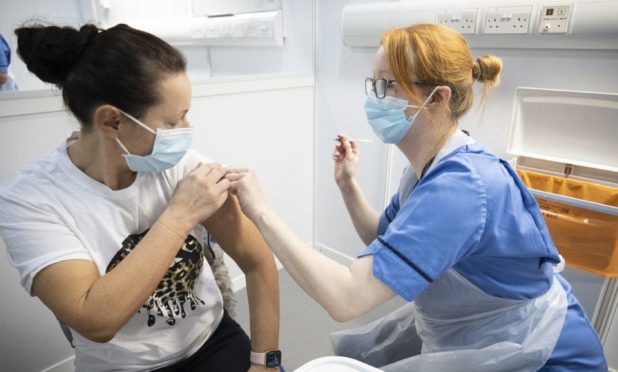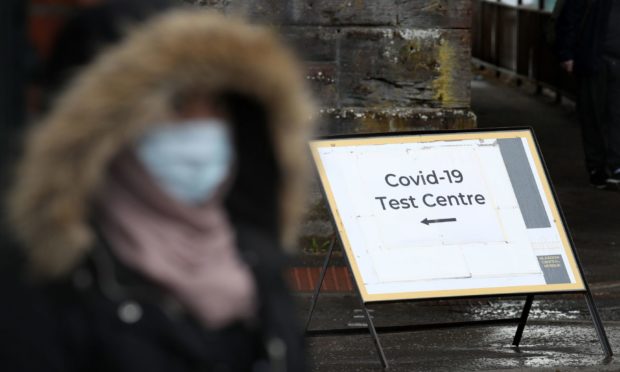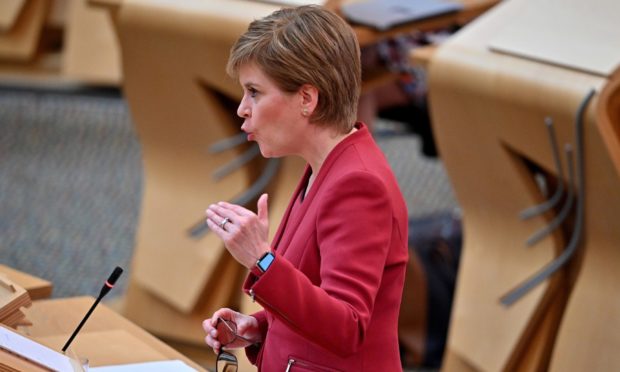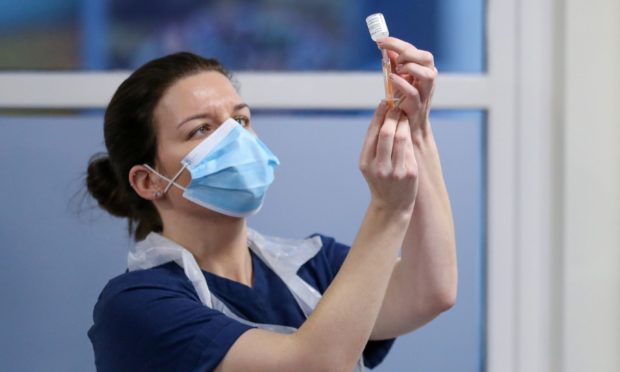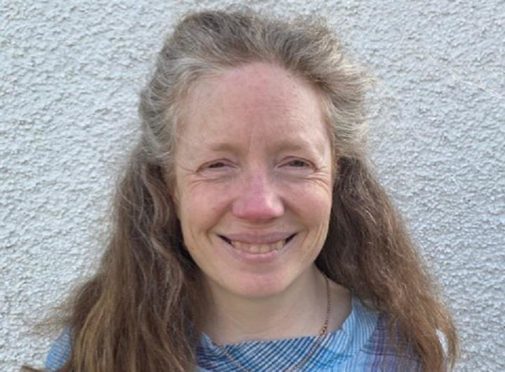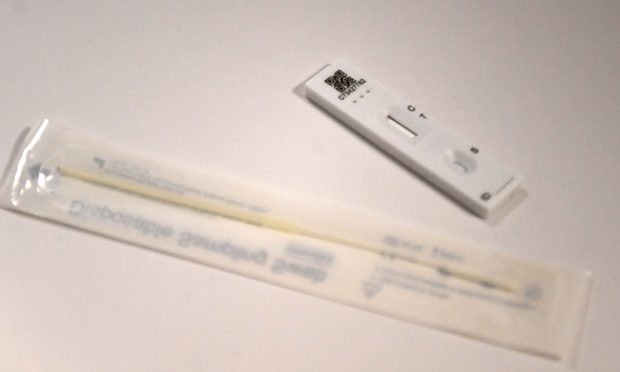Monitoring vital Covid-19 data will show if vaccines are weakening the link between increasing new cases and serious health harms.
First Minister Nicola Sturgeon said there has been a drop in the number of new Covid-19 cases admitted to hospital since January, despite rising new cases in some communities including Dundee and Kirkcaldy.
Addressing Holyrood this week, Nicola Sturgeon revealed in May, 5% of new Covid-19 cases were admitted to hospital, a drop from 10% at the start of the year.
But more analysis will be needed to establish the effect vaccines are having on those admitted to hospital with the virus, she added.
Where are cases rising?
Covid-19 case numbers are again on the rise in some places with spikes reported in Dundee and Kirkcaldy recently.
Two hospitality venues in Broughty Ferry announced temporary closures after cases were linked to them and nearly 40 people with links to Styx Pool Hall in Kirkcaldy tested positive.
And a public health expert who oversaw successful Covid-safe events in Liverpool has also called for a stronger safety net at large scale gatherings – as MSPs raised fears over a Scotland football “fan zone”.
Nicola Sturgeon said monitoring the data will continue to be vital.
“As I indicated last week, it appears that vaccination may be reducing the proportion of people who require hospital treatment as a result of Covid-19.
“However, it is important that we continue to monitor the data so that the full impact of the Delta variant can be assessed.
“There is also some encouraging evidence that the length of time people spend in hospital is reducing.”
Whilst signs are positive with more than half of the country has now fully vaccinated, there is still need for continued caution.
Adults over 18 have been reminded of the importance of taking lateral flow tests twice a week to help in the fight back against the virus.
Nicola Sturgeon continued: “Although cases are rising, the key question is the extent to which vaccination is weakening the link between the increase in new cases, and an increase in serious health harms.
“We continue to assess the data very closely – and, at this stage, we remain optimistic that vaccination will allow us to move progressively to a less restrictive way of dealing with the virus.”
Protection against serious illness
“We have evidence that two doses of the vaccine does give protection against serious illness, even with the new Delta variant.”
Dr Joy Tomlinson, NHS Fife Director of Public Health, added people must continue to follow guidance.
“Vaccination is effective at reducing the risk of serious illness from Covid-19 and the impact continues to be monitored right across the country.
“We are currently vaccinating those aged 30-39 and the self-registration portal for those aged 18-29 has been extended – we would urge everyone to take up the vaccination when it is offered.
“We know that Covid-19 is still circulating, and we continue to monitor the prevalence of the virus locally so that we can take any necessary actions through Test and Protect to help contain any clusters which may develop.
“It’s vital, however, that we don’t get complacent particularly as the gradual easing of restrictions continues. We still need local people to follow the existing public health guidance in place.
“Similarly, we need people to get tested if we are to reduce the spread of virus and keep Covid-19 at low levels.”
